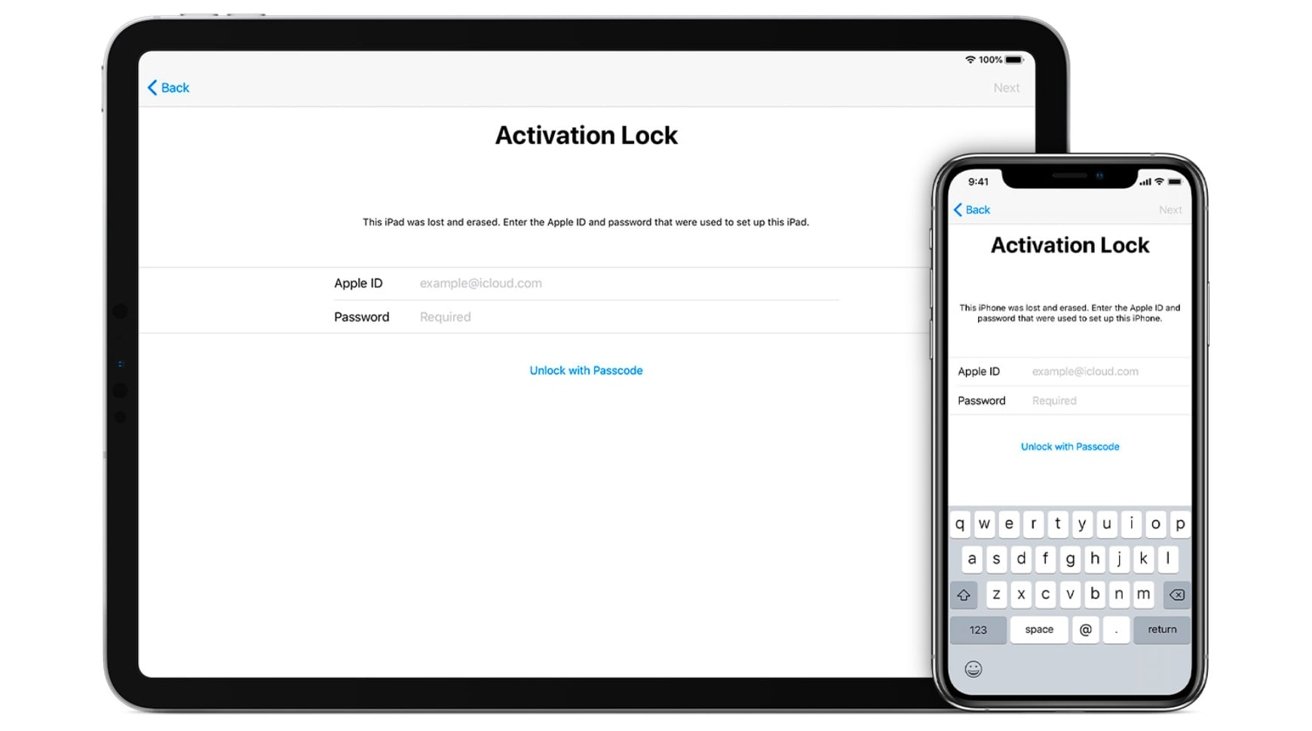Even if thieves tell you that they "reverse engineered" or jailbroken your stolen iPhone and will sell your data if you don't remove your iCloud device lock — don't. Here's why you shouldn't and why you should feel safe about it.
TikTok user Stella Kim posted a video on August 5, in which she told the story of how someone in possession of her stolen iPhone began threatening her. The threats she received told her that her phone had been jailbroken and that all of her information, including her photos and phone number, would be sold on the black market — unless she removed the device from her Apple ID.
Users sounded off in the comments to alert her that not only were the threats empty but how removing the device would lead to more problems.
Hardware engineer Paris Campbell went a step further, releasing a response video explaining why you shouldn't comply with these threats.
Campbell told Newsweek that she routinely sees these sorts of messages in her line of work — and she also sees victims fall for them.
"They're trying to contact you by threatening you, by lying to you, telling you that they have information that they don't have," Campbell says in the video.
Campbell is right. The thieves don't have your data, and can't get to it if you've iCloud locked the device remotely. The only reason thieves want a user's Apple ID removed is so they can bypass the Activation Lock and sell the iPhone as a whole unit, and not have it broken up for parts for less money.
Apple's iCloud Activation Lock prevents the device from being set up as a new device. If the Activation Lock remains in place, the thieves' only option is to strip the device for parts.
There is no way for them to access the information on the phone, and there is no way for them to reverse engineer access to your iCloud account.
The only time you should remove Activation Lock from a device is when you are planning on selling, trading, or giving away your Apple device.
 Amber Neely
Amber Neely








 Christine McKee
Christine McKee
 Malcolm Owen
Malcolm Owen

 Charles Martin
Charles Martin


 Mike Wuerthele
Mike Wuerthele


-m.jpg)





